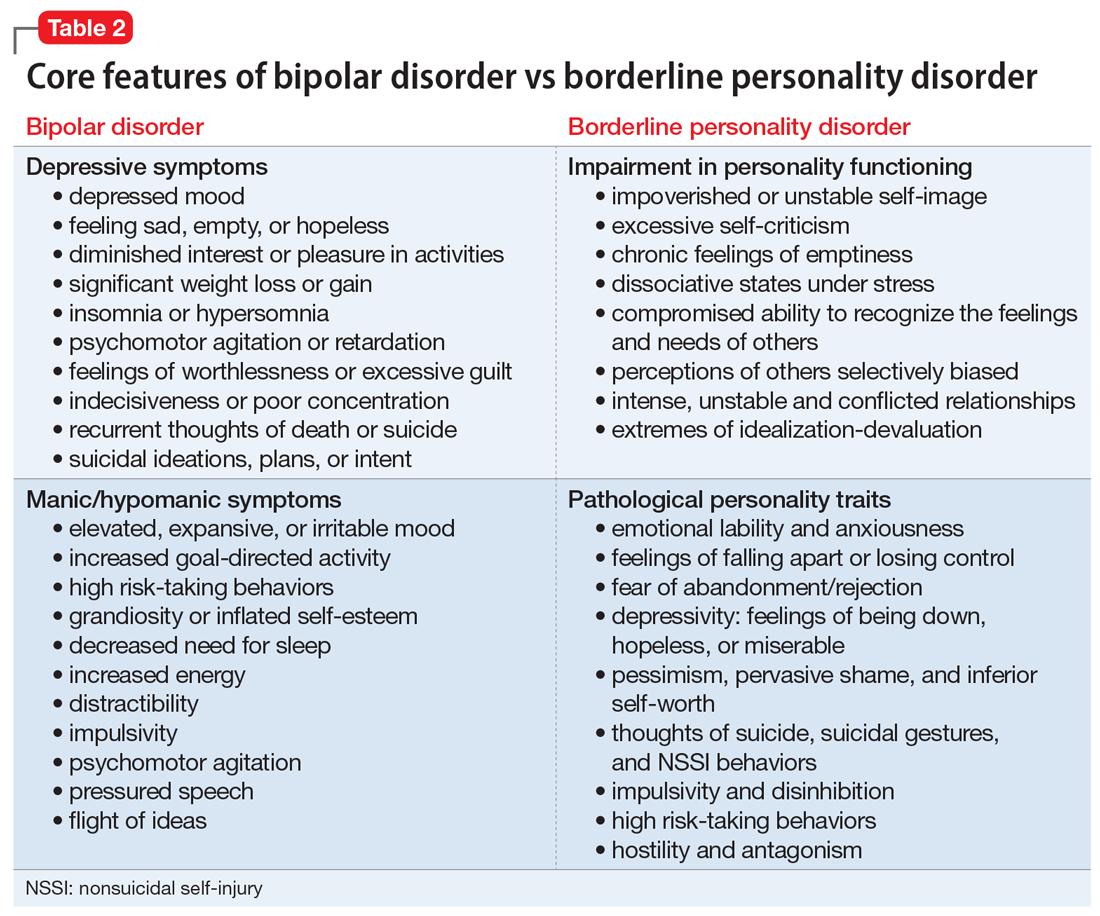Introduction
:max_bytes(150000):strip_icc()/bpd-vs-bipolar-5096132_FinaL-e946be6d6df04527a2a043e6e974abd0.jpg)
Dating can be a challenge for anyone, but it can be especially difficult when you're dating someone with borderline personality disorder (BPD). BPD is a mental health condition that can cause individuals to experience intense emotions and difficulty regulating their thoughts and behaviors. However, with the right approach, dating someone with BPD can be a rewarding experience. In this post, we'll provide valuable information and advice for those who are dating someone with BPD.
Creating a Strong Foundation

When dating someone with BPD, it's important to create a strong foundation for your relationship. This means setting healthy boundaries, being open and honest with your partner, and taking the time to understand their needs and emotions. It's also important to prioritize your own self-care, as supporting someone with BPD can be emotionally taxing.
Communication is Key

Communication is key in any relationship, but it's especially important when dating someone with BPD. Individuals with BPD may struggle with communicating their emotions effectively, so it's important to be patient and understanding. Encourage your partner to open up to you about their feelings, and be willing to listen without judgment.
Managing Conflict

Conflict is inevitable in any relationship, but it can be particularly challenging when dating someone with BPD. It's important to approach conflict in a calm and respectful manner, and to avoid escalating the situation. Validate your partner's emotions and acknowledge their perspective, even if you don't necessarily agree with it.
Seeking Professional Support

If you're struggling to navigate your relationship with someone who has BPD, seeking professional support can be incredibly helpful. A therapist who specializes in BPD can provide valuable insights and strategies for managing the unique challenges that come with this condition.
Conclusion

Dating someone with borderline personality disorder can be challenging, but it can also be incredibly rewarding. By creating a strong foundation, prioritizing communication, and seeking professional support when necessary, you can build a strong and healthy relationship with your partner. Remember to be patient, understanding, and compassionate, and to prioritize your own self-care throughout the process.
